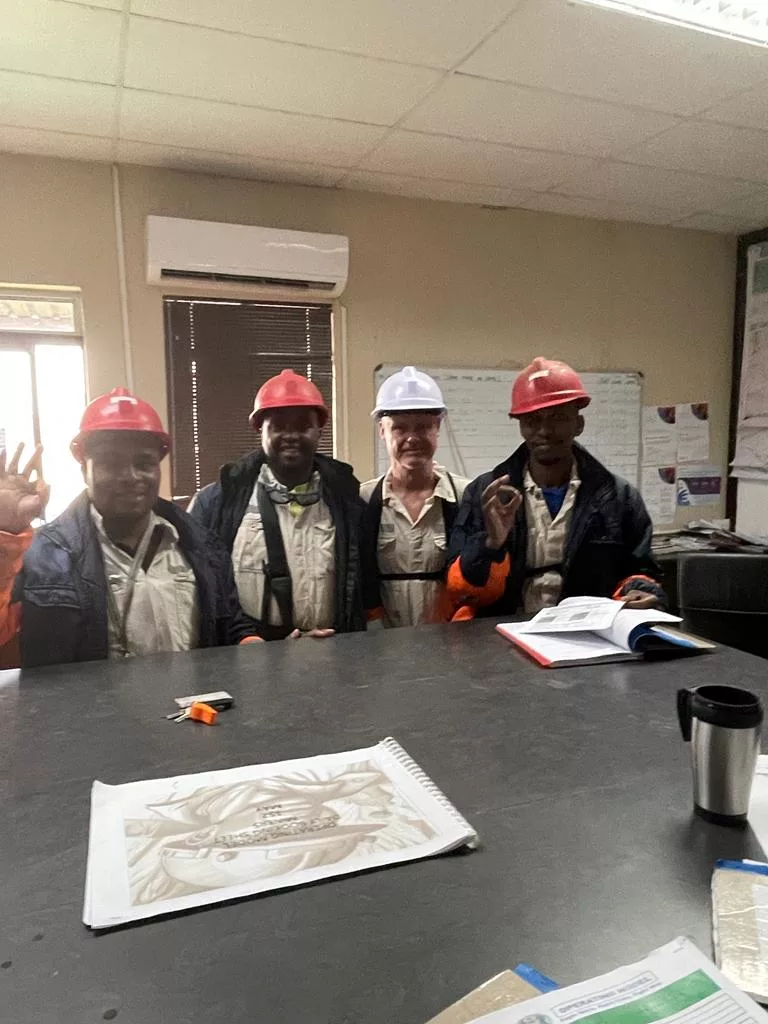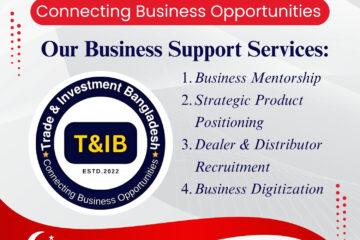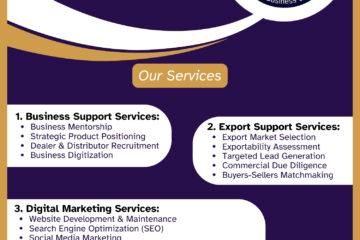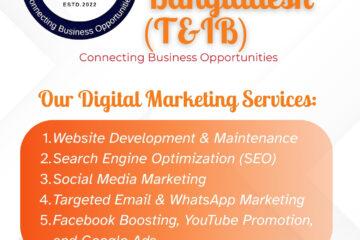Learning from other industries to improve safety culture globally
**An International Risk and Safety Professional, UK
One of the most devastating modern-day industrial tragedies that occurred took place in the North Sea – approximately 120 miles North-East of Aberdeen, Scotland on an offshore oil platform, operated by Occidental Petroleum Limited. It had been operational since 1976 – initially supplying oil only but later converted to enable both oil and gas production. It was one of the first deep-water oil platforms. At its peak, it produced some 320,000 barrels of crude oil per day, approximately 65 million liters.
On July 6, 1988, the Piper Alpha platform exploded – resulting in the needless deaths of some 167 people. This is by far the worst offshore incident in terms of lives lost and had a dramatic impact after the event of raising the focus on oil and gas safety here.
A brief timeline of events is as follows. Around 12 pm, two condensate pumps, called Pump A and Pump B, were in use to collect the platform’s condensate gas to transport to the coast.
The pressure valve for Pump A had been removed as part of routine maintenance work and a flat metal disk had been fitted as a temporary seal. Time was running short and the work was incomplete so the steel place was left in situ with the on-duty engineer completing a permit instructing that Pump A should not be operated under any circumstances.
The Permit was placed in the control room but as a team of 62 employees took over for the night shift, it could not be found. At 7 pm, firefighting systems in place to protect the rig, (driven by both electric and diesel pumps), were put onto a manual control setting as there were a number of divers working in the water.
At around 9.45 pm, pump B tripped or closed down. This gave the on-call manager a tough decision to make. The entire power supply for the rig was reliant on this pump for offshore construction work. As the permit for Pump A was lost, the manager assumed Pump A was good to go and as the blanking metal disc replacing the safety valve was located several meters above ground behind machinery, he was oblivious to this danger.
At 9.44 pm Pump A was started, and gas flowed into the pipes overwhelming the metal plate. Gas immediately leaked out activating gas alarms, and altering several crew. However, before anyone was able to react accordingly, the worse thing happened and a gas explosion occurred, ripping through the Piper Alpha oil rig. 167 lives were lost, with even more impacted and affected by this disaster. Many of the bodies were never recovered. We must not forget the loss and sacrifice made by these workers and the suffering caused and the lessons learned. This prompted a major review of health and safety in the North Sea and oil and gas industry.
Piper Alpha became the largest insured man-made catastrophe with insurance claims of US$ 1.4 billion and resulting in massive ongoing financial losses.
The resounding impact of this incident initiated serious focus and review of safety practices on all levels in relation to the UK oil and gas industry. A Significant outcome from this was the engagement of the Keil Centre of Edinburgh in developing a safety maturity assessment tool and model to enable critical psychological factors of organizations to be taken much more seriously. The work of the Keil Centre was developed over the past 17 years in the oil, gas, and nuclear industries and has supported them in moving and continually maturing in their management of psychological safety aspects. Their work on human factors in the chemical and process industries supported the development of their Safety Culture Maturity Model. This identifies the level of safety maturity in an organization’s culture and is widely respected and applied.
In this day and age, people recognize all workplace risks need to be clearly identified, controlled, mitigated, and managed. This model enables this process to be developed around safety culture progression and other organizations outside of oil and gas are seeing the benefits of this approach.
What is the ultimate challenge in confined space working – mining?
Mining remains high risk despite being an established primary industry. One of the world’s leading mining companies, Anglo American, has worked with the Keil Centre and has developed its own specific program to engage all levels of employee – Managers, Supervisors, all workers, and contractors – in their pursuit of growing their safety culture maturity as a driver for reducing accidents, incidents and creating safer workplaces.
The program – Safety Leadership Practices, focuses on an approach centered around My Team, My Accountability – promoting positive behaviors, discouraging negatives, and working on specific building blocks to positively enforce “caring, sharing and protecting each other in a no-blame environment.”
As this program is rolled out globally, Fides Oak is partnering with Anglo American in the coaching, development, and dissemination of the content and program to all businesses globally. This includes developing, mentoring, coaching, and working with the local teams to ensure effective and timely implementation based upon Anglo-American purpose and values.
I have been honored to be a part of the implementation team. This is the first such initiative of this nature applied in the mining industry to meet their needs and expectations and represents a major shift in their approach and journey towards achieving safety and cultural excellence.
The scope of the work includes training, mentoring, coaching, and developing the visible felt leadership of employees and contractors throughout and at all levels of the business. A number of critical challenges have to be addressed. These include a range of languages. In S Africa, at the mine complex in Amandelbult, there are some 11 different languages spoken – including a language specifically developed and used underground by the mining community. A further challenge is just that – coaching when working underground in tough and demanding conditions. This makes it an even tougher challenge.
The interaction at all levels enables total engagement to take place and the ultimate aim is to create a blame-free open community where safety’s strong foundation is developed even further with total employee awareness and engagement. This is particularly challenging as around 50% of the workforce are contractors who are being trained and coached to share the values and beliefs of Anglo Americans.
It is particularly exciting to me as I am able to further apply and develop my mentoring and coaching skills in a relatively new high-risk environment, where there is great scope for making a positive impact. As my forefathers were miners in Scotland, this is a particular industry and commitment to success and making positive inroads close to my heart. As I become more engaged, I look forward to sharing more of the great achievements being made here and which further support my professional competencies and capabilities as a major influencer. If anyone out there would like more support in coaching, developing, or improving safety culture and awareness, feel free to contact me directly. I am proud to be nominated as a 2023 Top Health and Safety Influencer by WSHAsia. Please feel to vote for me at:
- Voting Website: https://wshasia.com/wshasia-award-2023/vote/nominees.php?id=8
- Facebook: https://www.facebook.com/photo/?fbid=272767238599442&set=pb.100075985047179.-2207520000.
- LinkedIn: https://www.linkedin.com/feed/update/urn:li:activity:7069310946007027712/
- Instagram: https://www.instagram.com/p/Cs3ndDOLVbd/?utm_source=ig_web_copy_link&igshid=MzRlODBiNWFlZA==
Learning from other industries to improve safety culture globally: Learning from other industries to improve safety culture globally
** Hugh Maxwell is a Fellow of the International Institute of Risk and Safety Management (IIRSM) since 2007 and of the Institute of Occupational Safety and Health (IOSH since 2008), he coordinated IIRSM Covid-19 Recovery Webinars and Vision Zero international events. He is also a Chartered Fellow of the Chartered Management Institute and a Fellow of the Institute of Leadership and Management.







0 Comments